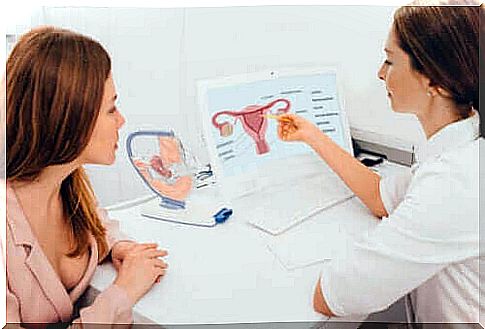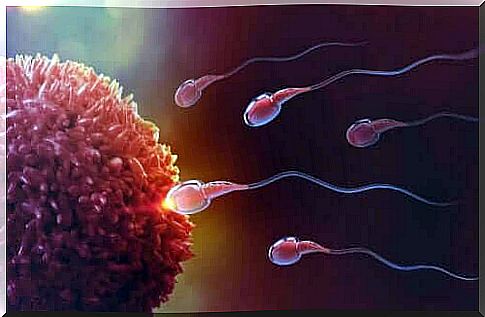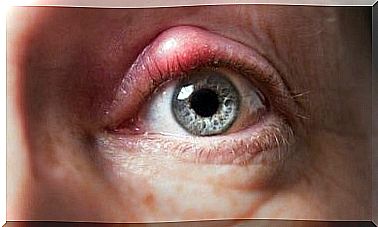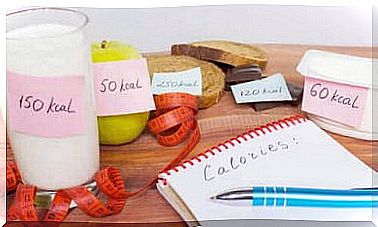How To Tell If You Are Ovulating

When trying to conceive or hoping to avoid it, it is important to know how your menstrual cycle works. Knowing if you are ovulating can increase your chances of conceiving or using protection. These are fertile days when the body has everything it needs for fertilization to take place.
What are the symptoms of ovulation? At what point in the menstrual cycle does it take place?
In this article, we will give you a brief overview of the characteristics of a normal menstrual cycle. Then we will show you when ovulation takes place and how to know if it takes place.
The normal menstrual cycle

The normal menstrual cycle includes a number of changes that take place every month during a woman’s fertile age, which prepare the body for the possibility of completing a pregnancy.
These changes are due to the presence of various female hormones. They increase and decrease in the blood. It determines the different moments that occur in the cycle.
Characteristics of the menstrual cycle
The brain (hypothalamus and pituitary gland) and ovaries produce these hormones. In most cases, the menstrual cycle has the following characteristics:
- It lasts between 28 and 35 days.
- It consists of two primary phases: the follicular phase and the luteal phase.
- The first day is the first day of menstruation and this is where the follicular phase begins.
- The follicular phase is the first period lasting between 14 and 21 days. It starts with menstruation and ends with ovulation.
- The luteal phase is the second period. It lasts about 14 days.
- Ovulation occurs every month.
- Changes will occur in a woman’s body during the normal menstrual cycle. Some of these include changes in body temperature, vaginal discharge, menstruation, etc.
Ovulation is the release of one or more eggs from the ovaries, and it occurs every month. The egg in question will remain there for a short time while it waits for fertilization of sperm.
Menstrual cycles vary from woman to woman and month to month. This variation occurs most of all in the first phase, which is the follicular phase. As we mentioned above, this is the phase which includes ovulation. It can therefore be difficult to calculate ovulation. We will later review how to know if you are ovulating.
We know that the greatest possibility of pregnancy takes place between three and five days up to the day of ovulation, including the day of ovulation. This means that if you keep an eye on the period, which we will call the fertile period, you will maximize your chances of conceiving.
How do you know if you are ovulating?

The first thing we want to say is that there are no credible methods to predict the first day of ovulation at home. Therefore, it will not be entirely accurate to predict the fertile period unless one can identify the hormonal changes that take place during this period.
We should state that it has proved not to be a reliable method of keeping calendar and counting the days to identify the fertile period as it varies from month to month as we have already mentioned.
On the other hand, the method of basal body temperature is also not reliable. There are new apps on phones that check body temperature, but they are also not 100% reliable.
One method that researchers have found to be more accurate in predicting the fertile period is the identification of vaginal discharge before and during ovulation. We know that when vaginal discharge increases in volume, becomes thinner, more elastic and sticky, then it is an indicator of the fertile period (which includes the day of ovulation).
You can also measure the female hormones in urine with a device reminiscent of the one used to check for pregnancy. It is called an ovulation test and it can predict the fertile period. They are quite affordable. However, they can also give false positive results.
It is important to talk to a gynecologist if you want to know when you are ovulating
Methods to check the temperature at home and check vaginal discharge may work together to say when to ovulate, but they are not completely reliable. An ovulation test is more reliable than the two methods. Although one must not forget that they can give false positive results.
When in doubt, it is always best to talk to your doctor or gynecologist to assess the various options.









